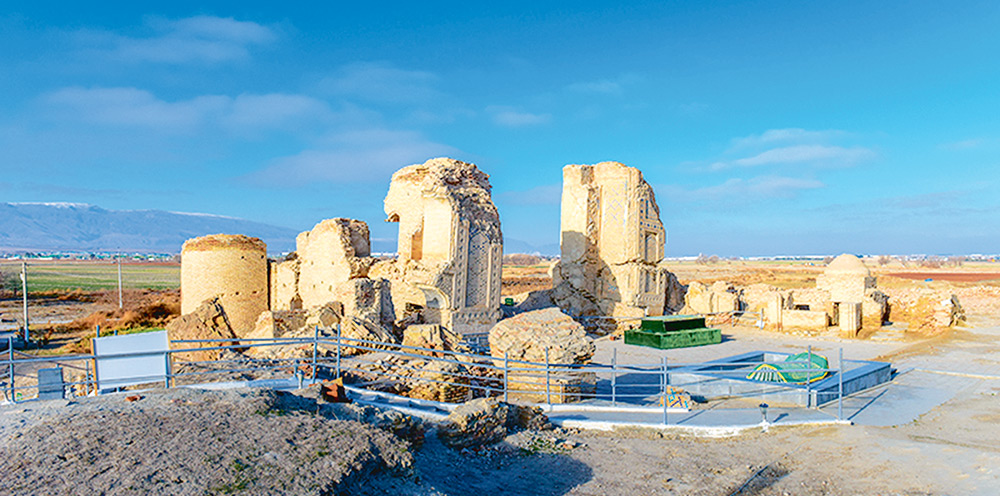The decision to declare Anau the cultural capital of the Turkic world demonstrated respect for the national heritage of the Turkmen people. Anau is considered the home of white wheat. The city has attracted the attention of scientists since ancient times. A lot of information about this place has been preserved in medieval sources. In the 16th-19th centuries, the Anau oasis was noted in historical documents under the name ‘Bagabat’. This word means ‘may garden, house, and country be prosperous’. Various folklores and legends confirm that this name is relevant to Anau. However, in those times, people used the name ‘Anau’ as well.
The 16th century historian Isgender Munshi mentioned the foothills oasis as Bagabat in his work ‘Tarikh-e Alam-ara-ye Abbasi’. Moreover, the historian Hasan Beg Rumlu wrote the name of Anau as Bagabat in his chronicle ‘Ahsan al-Tavarikh’. The city of Anau was mentioned in the work ‘Shajara-i Tarākima’ (‘Genealogy of the Turkmens’) by the famous Khan of Khiva and historian Abu al-Ghazi Bahadur (the 17th century).

